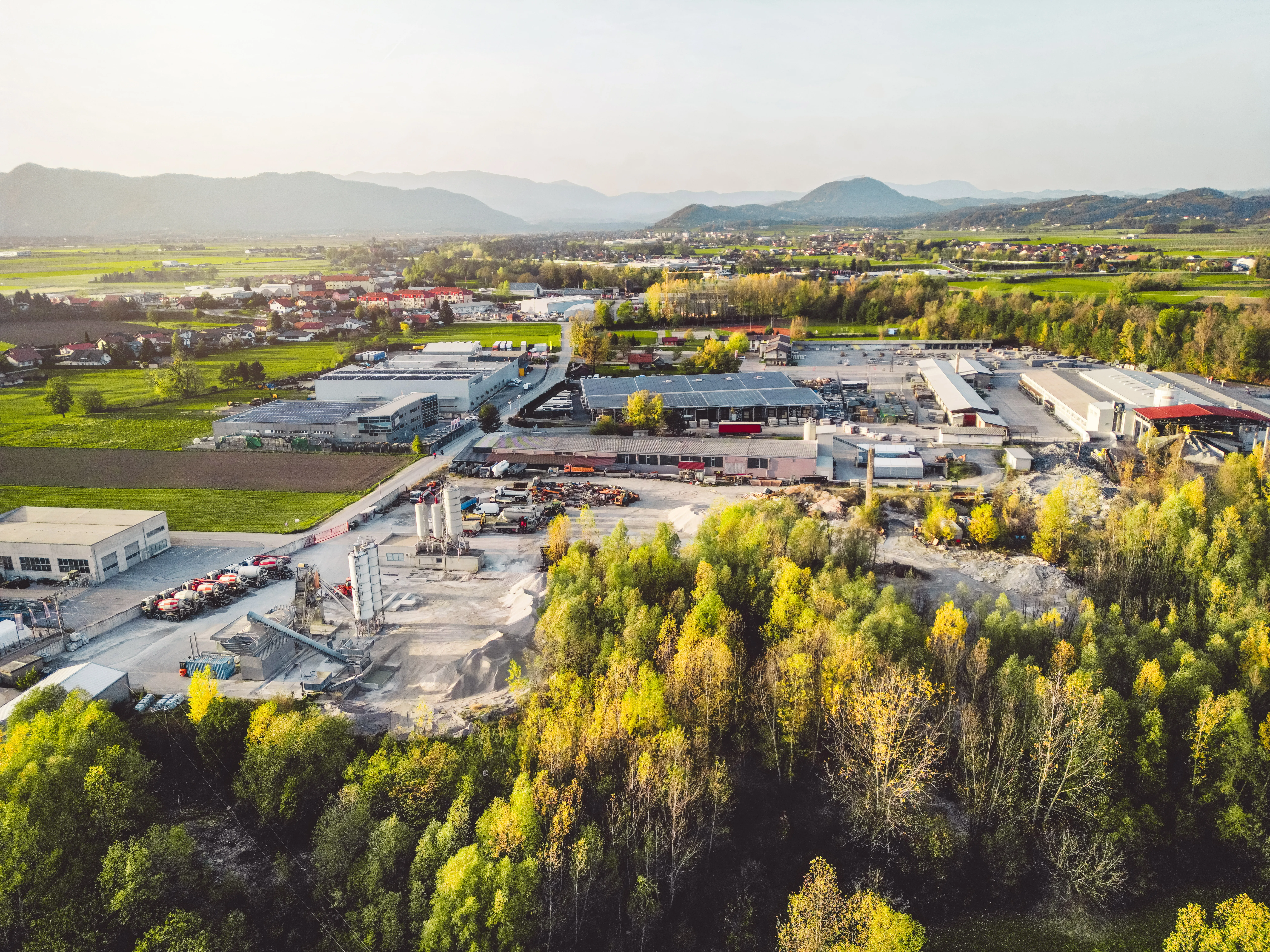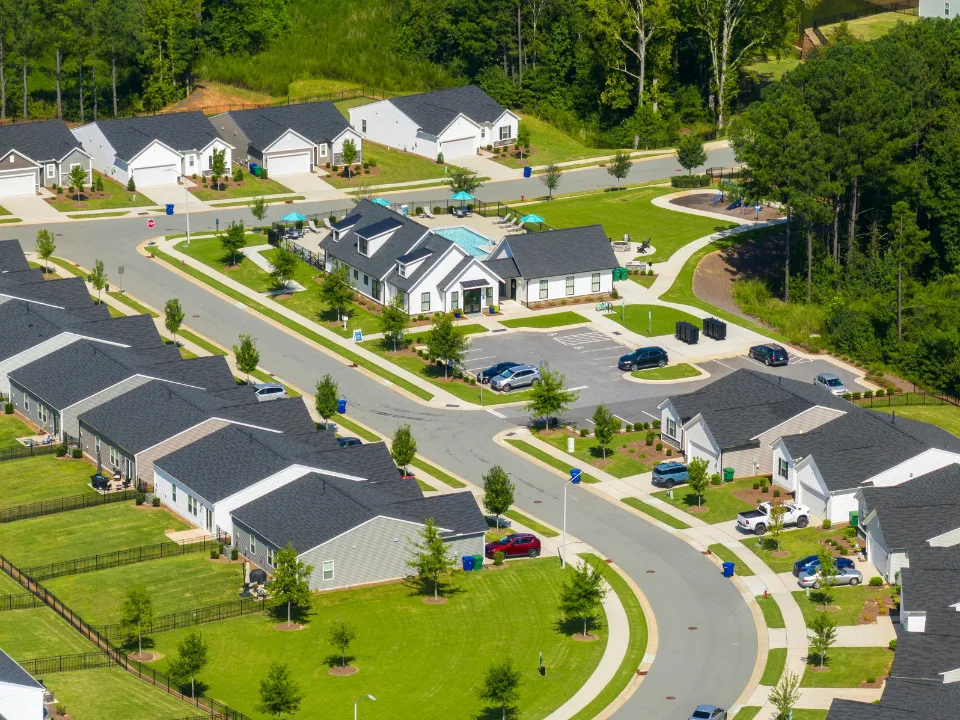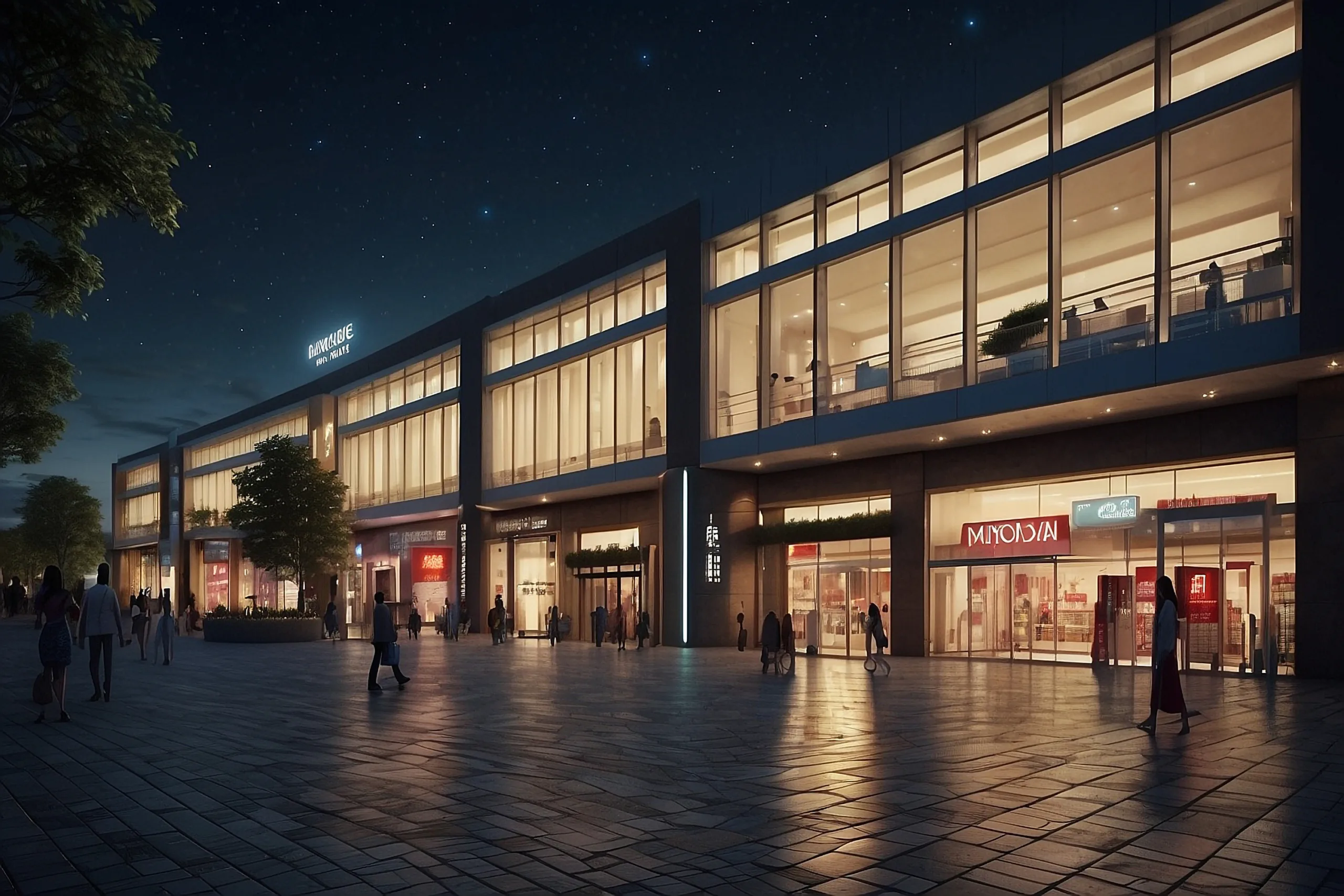- Zohran Mamdani, a democratic socialist and State Assemblymember, is likely to become NYC’s next mayor following Andrew Cuomo’s primary concession.
- Mamdani’s housing platform includes a controversial rent freeze policy for regulated units, which could create ripple effects across the city’s multifamily market.
- Critics argue that while a freeze may provide short-term relief to tenants, it may render thousands of buildings financially unsustainable due to stagnant revenues and rising costs.
- A prolonged freeze could further constrain New York’s already tight rental supply and fuel sharp price increases in the free-market segment.
The Political Shift Ahead
With former Governor Andrew Cuomo conceding the Democratic mayoral primary, Zohran Mamdani—a prominent progressive and DSA-endorsed candidate—is set to lead New York City. Historically, Democratic primary winners in NYC have gone on to win the general election, suggesting the city’s housing and real estate policies are likely to undergo a dramatic shift under Mamdani’s leadership, according to Romain Sinclair.
Freeze the Rent
Central to Mamdani’s platform is a proposal to freeze rents on certain regulated units. The goal? Curb NYC’s escalating housing costs and alleviate the burden on renters, 52% of whom spend over 30% of their income on rent. For 29% of New Yorkers, rent consumes more than half of their earnings.
But while Mamdani’s policy may resonate with tenants, multifamily landlords warn of deep financial consequences.
Get Smarter about what matters in CRE
Stay ahead of trends in commercial real estate with CRE Daily – the free newsletter delivering everything you need to start your day in just 5-minutes
The Fiscal Reality
Operating multifamily buildings in a post-HSTPA world is already a margin-tight business. Expenses—such as insurance, labor, maintenance, and taxes—are rising faster than allowed rent increases. From 2020 to 2023, CPC reported that per-unit expenses rose by 22%, while the Rent Guidelines Board (RGB) permitted only an 11% increase in stabilized rents.
Without higher rent revenues, landlords say they risk operating losses. In the Bronx, many rent-stabilized buildings are already losing an average of $120 per unit per month, according to research from the NYU Furman Center. Another RGB study found that nearly 10% of surveyed buildings are “distressed,” meaning their operating costs exceed revenue.
Supply Strain and Market Pressure
A freeze may help renters in stabilized units, but it could create a domino effect. With turnover rates in lower-rent units already near historic lows, frozen rents would further reduce mobility. That means fewer apartments circulating on the market and more pressure on free-market units, where prices could spike to absorb displaced demand.
This bifurcation of the rental market is already visible. In Williamsburg-Greenpoint, free-market rents surged 94.2% over the past two decades, an average that highlights how quickly prices can escalate when half the housing supply is locked up.
The Big Picture
While Mamdani’s housing agenda also includes public housing investments and the construction of 200,000 new units over the next decade, critics argue that a unilateral rent freeze could compromise both affordability and housing quality. Without accompanying tax breaks or subsidies, owners may struggle to maintain aging housing stock, leading to deferred repairs and tenant dissatisfaction.
What’s Next
Next week, policy watchers will examine whether Mamdani can legally and politically implement a rent freeze within existing NYC and state frameworks. For now, the rent freeze debate is emerging as the defining flashpoint of his presumptive mayoral administration—and a pivotal issue for New York’s multifamily sector.



















